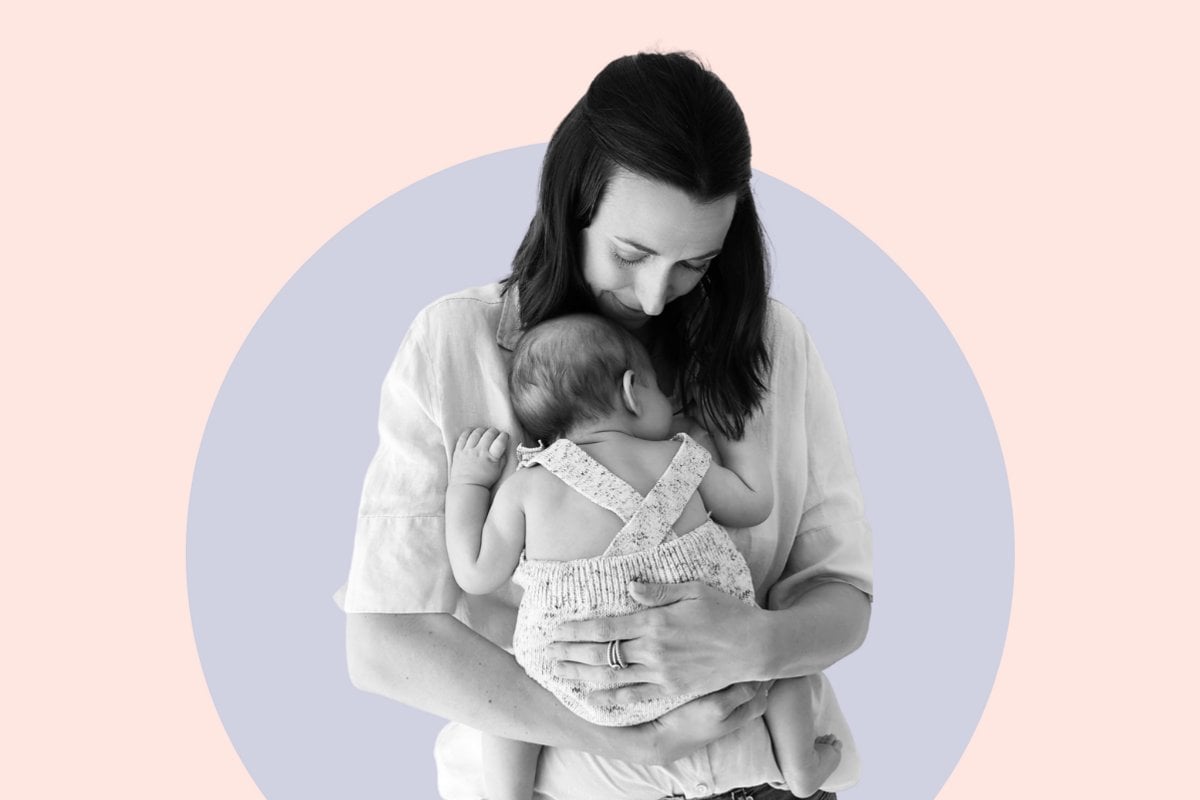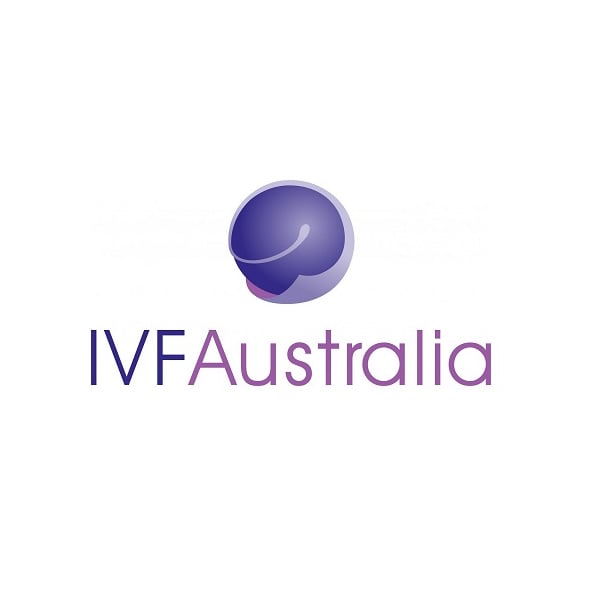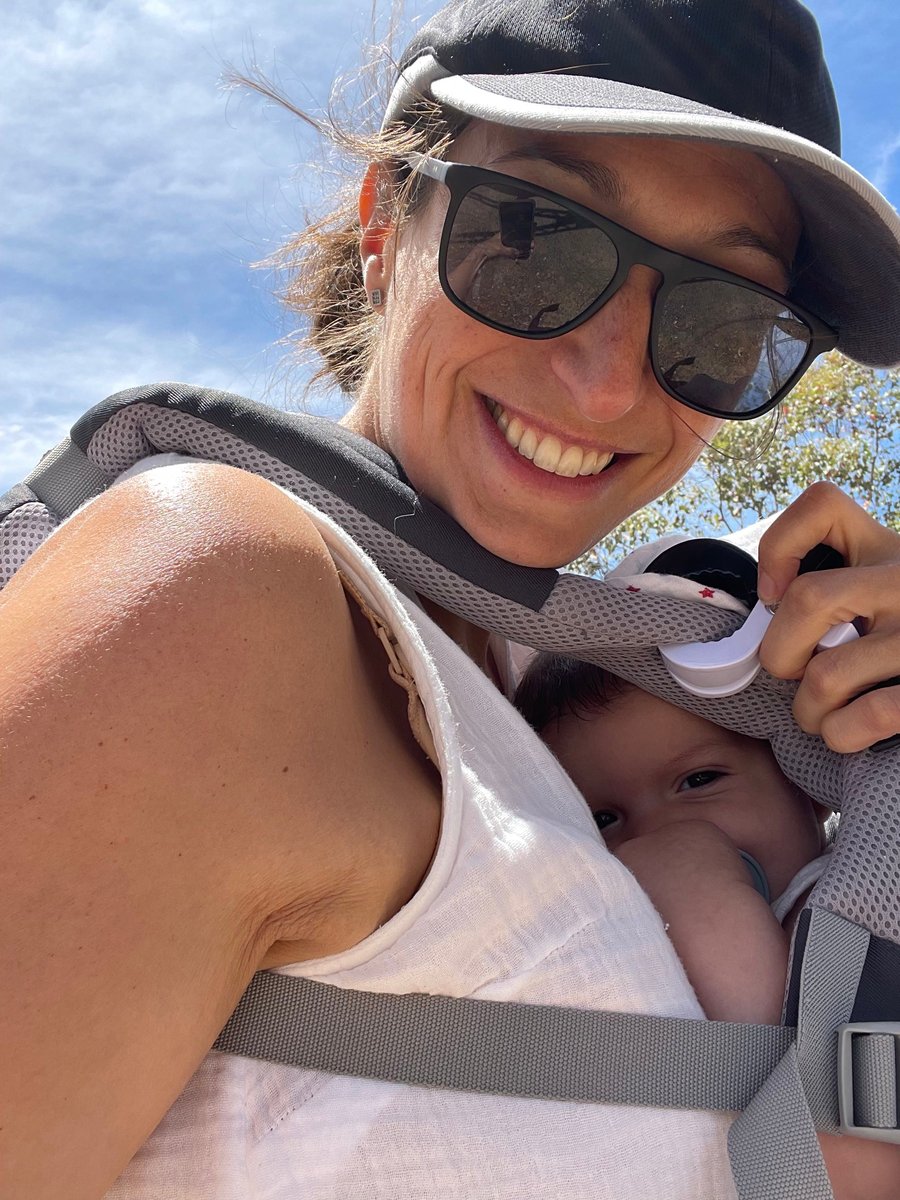

Insurance is a given for anything valuable to us — pets, home and contents, health, income, car — but few women really think about insuring their fertility, or even realise it’s possible.
This is something Melbourne IVF fertility specialist Dr Raelia Lew wants to change.
Dr Lew is a co-investigator on the NHMRC-funded ‘Eggsurance’ project, creating and validating an evidence-based decision aid for women considering egg freezing over other fertility options. She also holds a Certificate in Reproductive Endocrinology and Infertility (CREI) — the highest Australasian qualification in reproductive medicine.
With recent advancements in egg freezing technology making success rates similar to age-matched women undergoing IVF using fresh eggs, she’s encouraging women to think about putting away a resource of young, fertile eggs as a Plan B if they have trouble getting pregnant naturally later on.


